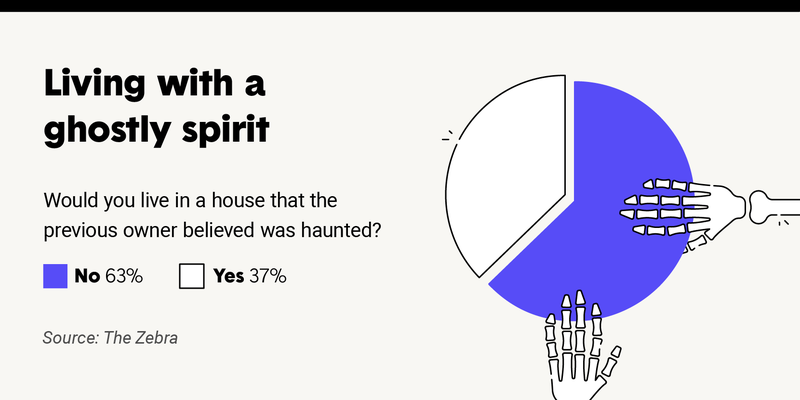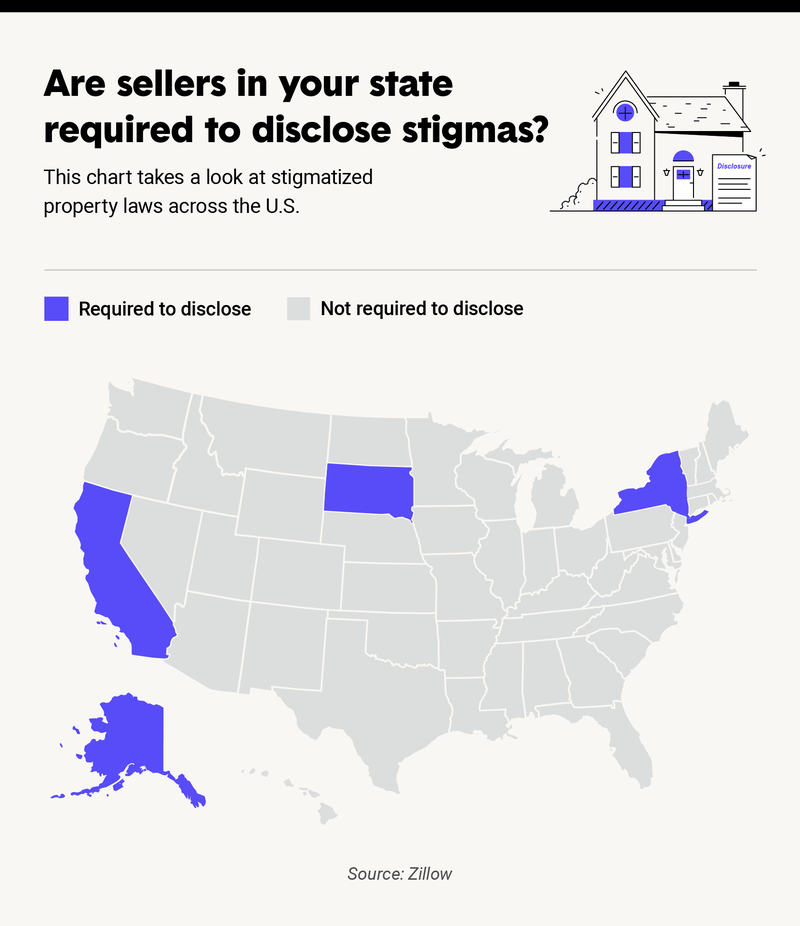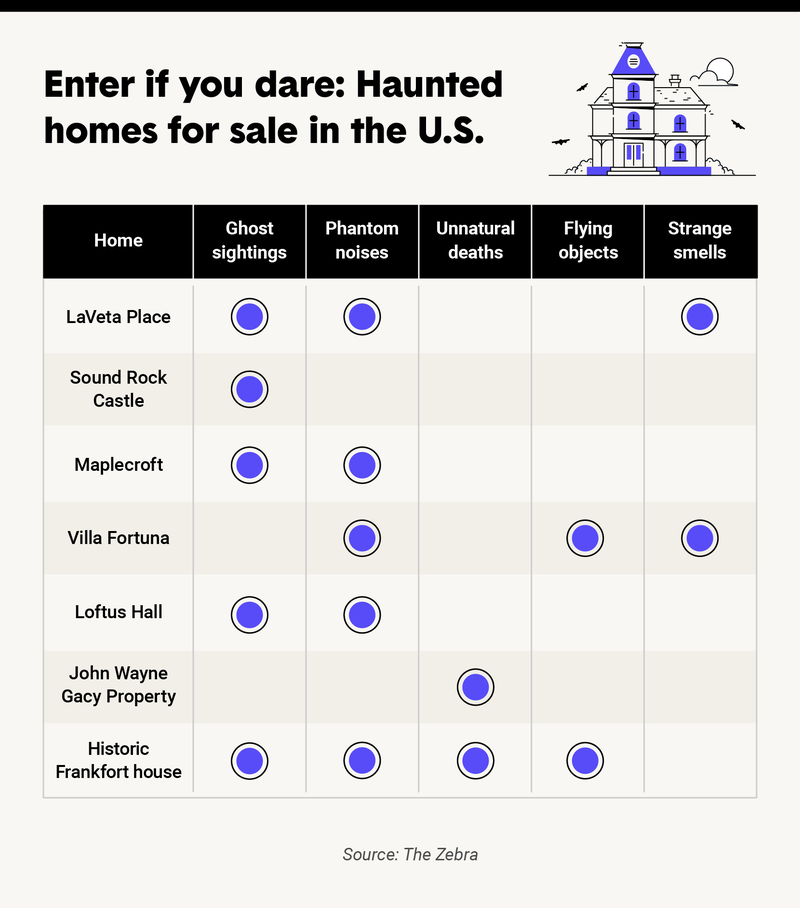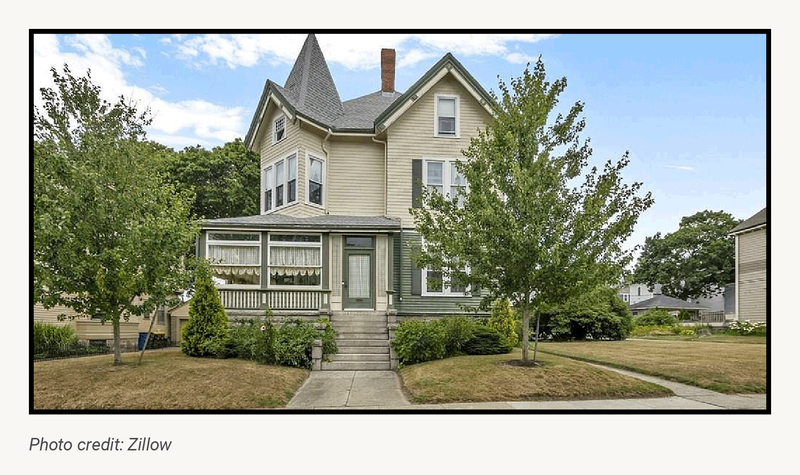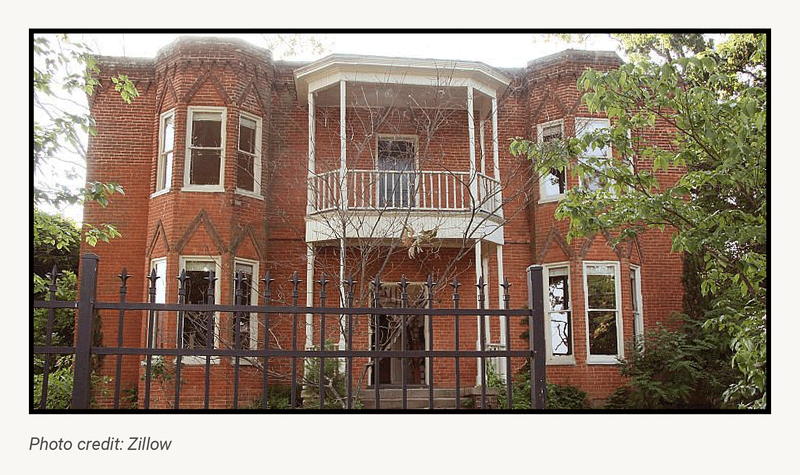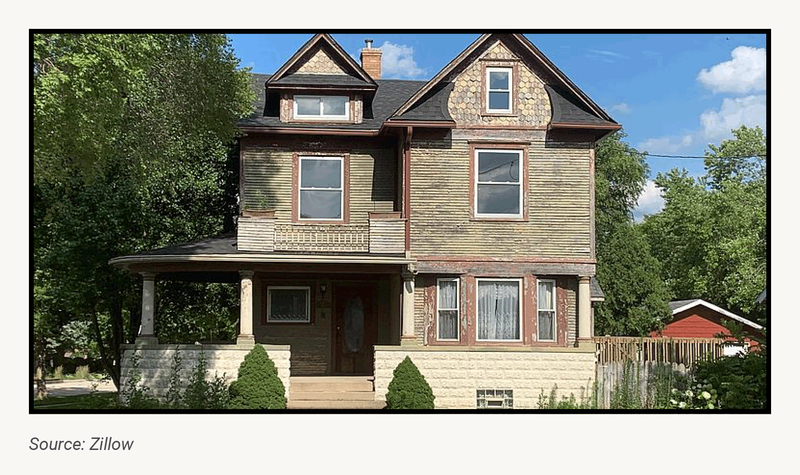1. Paranormal activity
If ghosts have a habit of showing up in windows or turning lights on in the middle of the night, prospective buyers might want to know about it. Supernatural phenomenon can be hard to prove, yet houses with haunted reputations are considered stigmatized. States have differing laws on the duty to disclose this paranormal activity, but it’s always a good idea to ask a seller about shadowy presences if you are scared about living with spirits.
2. Murder or suicide
A tragic death, such as a murder or suicide, can have a big impact on the value of a home. This stigma can be especially unsavory for prospective buyers if the tragedy is splashed across headlines. Take the townhouse where Nicole Brown and Ron Goldman were murdered, for example. This property, well known for its involvement in the O.J. Simpson murder trial, sat on the market for two years before finally selling for $200,000 under the market value.
3. Criminal activity
Known criminal activity or history at a residential address can contribute to public intrigue and stigma. It can also lead to fears of strangers showing up at the address seeking out the previous owner. Consider if the house down the street from you was once busted for having an underground meth lab: It may be forever ingrained in your memory as a trap house — no matter who the current owner is.
4. Public intrigue
Many buyers are also wary of purchasing a home that doubles as a tourist attraction. Addresses that are linked to a hit show or movie may draw unwanted visitors and crowds, causing annoyance or safety fears for the homeowner. For example, the witchy town of Salem, Mass. is inundated with Hocus Pocus fans each October. One house featured in the film is now a private residence and a popular tourist stop. It’s rumored that the visitors aren’t always on their best behavior, although the current owners are good sports about it.
5. Owner with previous debt
Not all stigmas dominate headlines or neighborhood gossip. A previous homeowner’s outstanding debt can stigmatize a property as well. While unpaid bills aren’t scary or intriguing to passersby, debt collectors may show up at the address and demand money from the new owners.
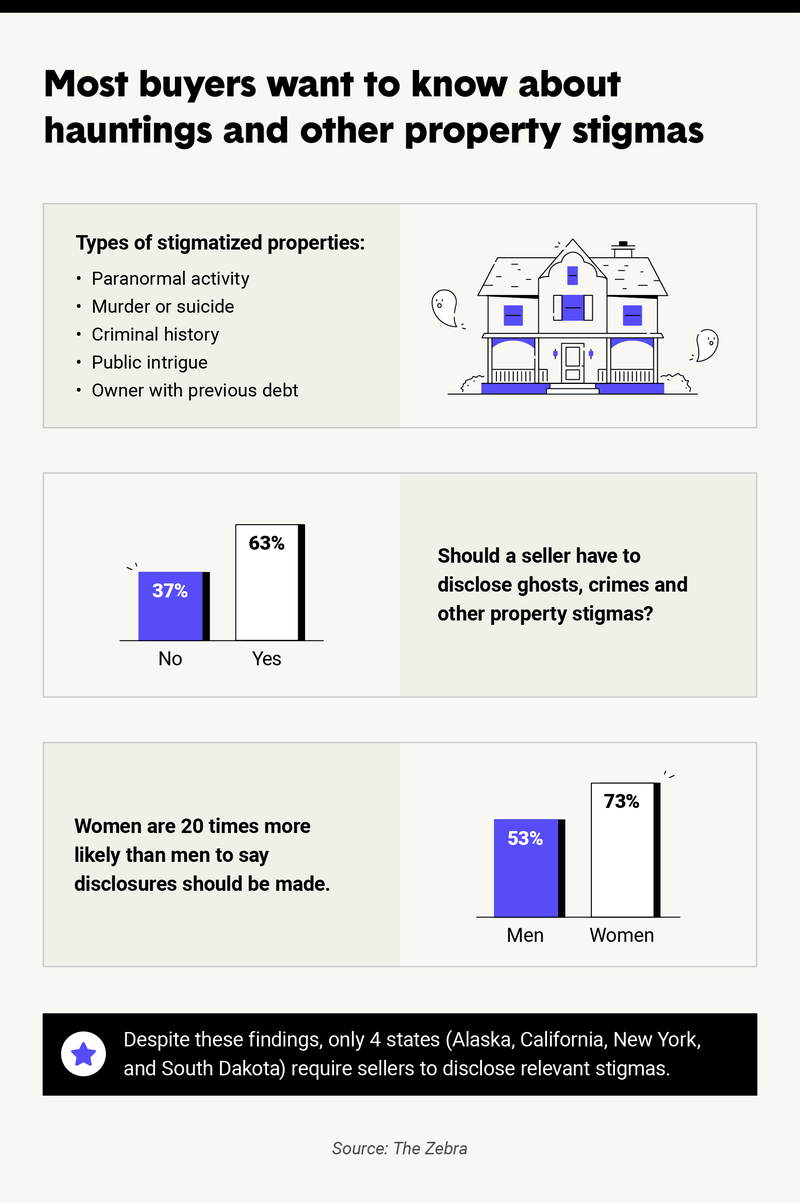
Even if you’re not protected by law, you can still take steps to avoid purchasing a property with a sinister past. Doing your own property research and/or working with a real estate professional or an appraiser who has done their homework may reveal past events. Talking to neighbors about the previous owners is another great way to avoid buying a property that has some misrepresentation around its material facts.


